Social Media Detox Tips to be More Productive & Healthy
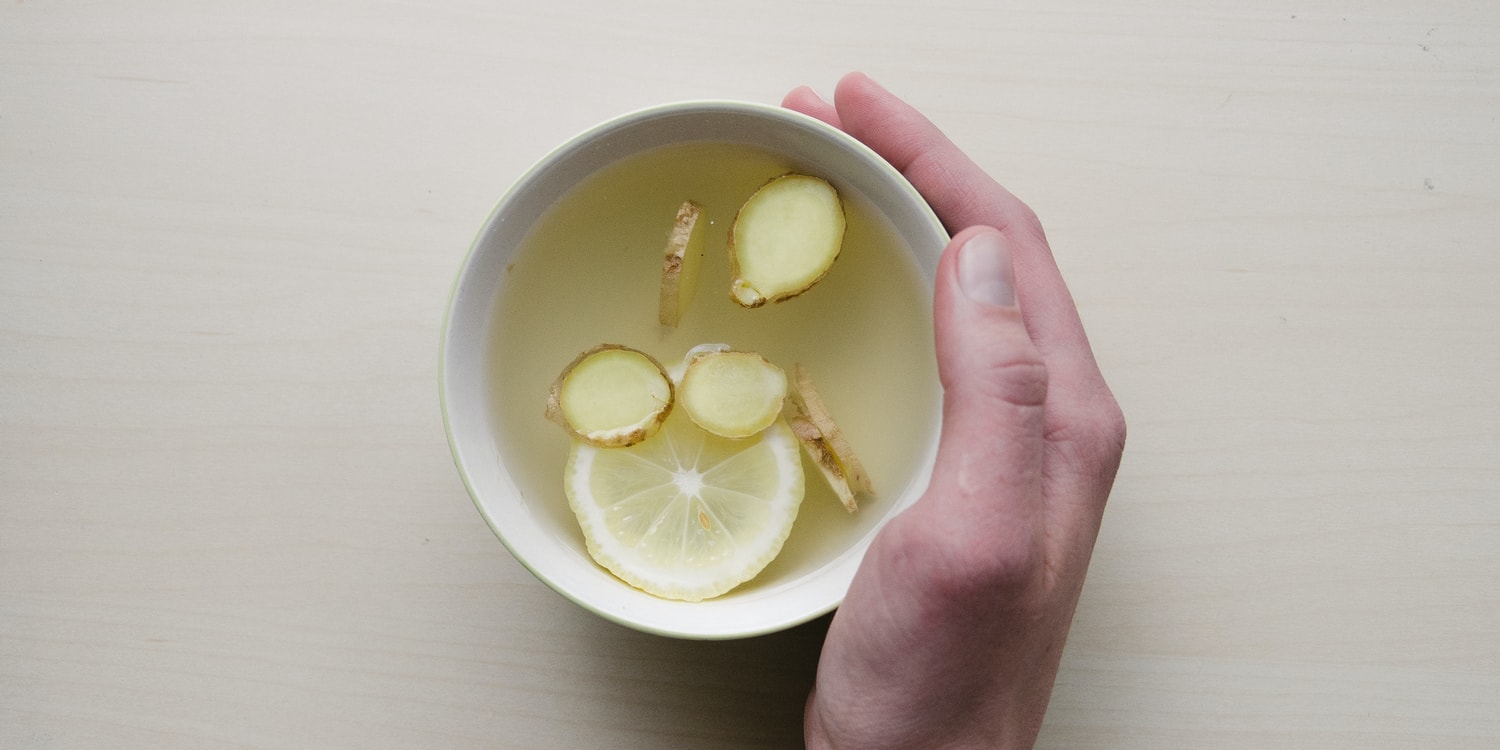
Did you know that social media overuse has been linked to an increase in depression among people of all ages? Everyone has heard this before, particularly in relation to teenagers, however, this is true even for people aged 35 to 40 years old. To put this into perspective, your average person spends 2+ hours per day on social media sites, and specifically in the US, over half of Americans aged 30 to 49 have some form of social media addiction…I know right? that’s just nuts!
After spending some time poking around this topic we wanted to try and explain some of the myths surrounding social media use, and also give you some tips you have to take into account in order to use it properly.
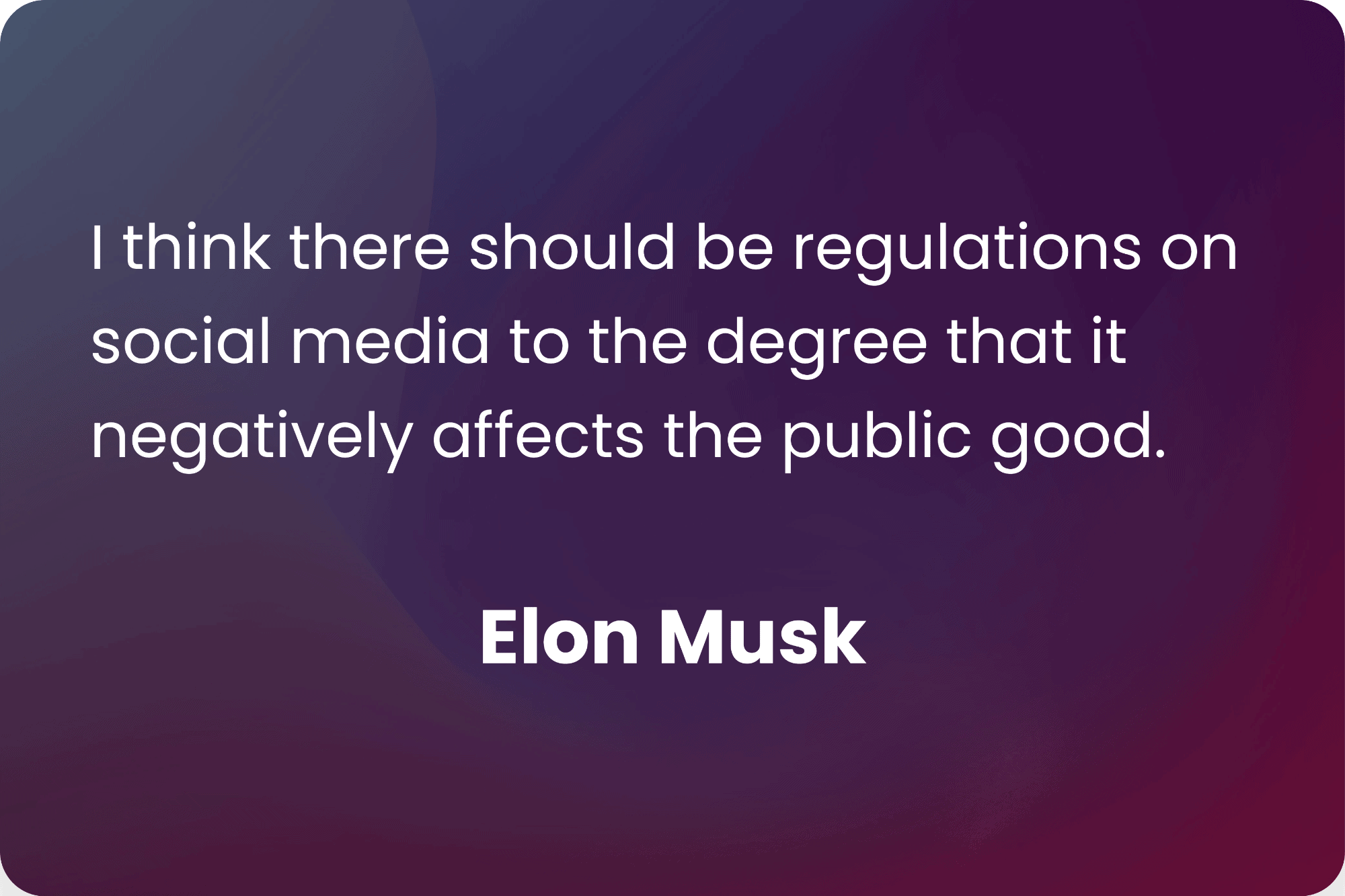
Design created with ByPeople Composer
Spending time on social media keeps us entertained, it’s like having a shot glass of dopamine every few minutes, over and over again. Why is this bad? Because this state doesn’t allow us to be bored enough, which is what typically would drive us to seek for more rewarding activities. Through these constant releases of dopamine, social media algorithms take advantage of our brain functions to keep us engaged.
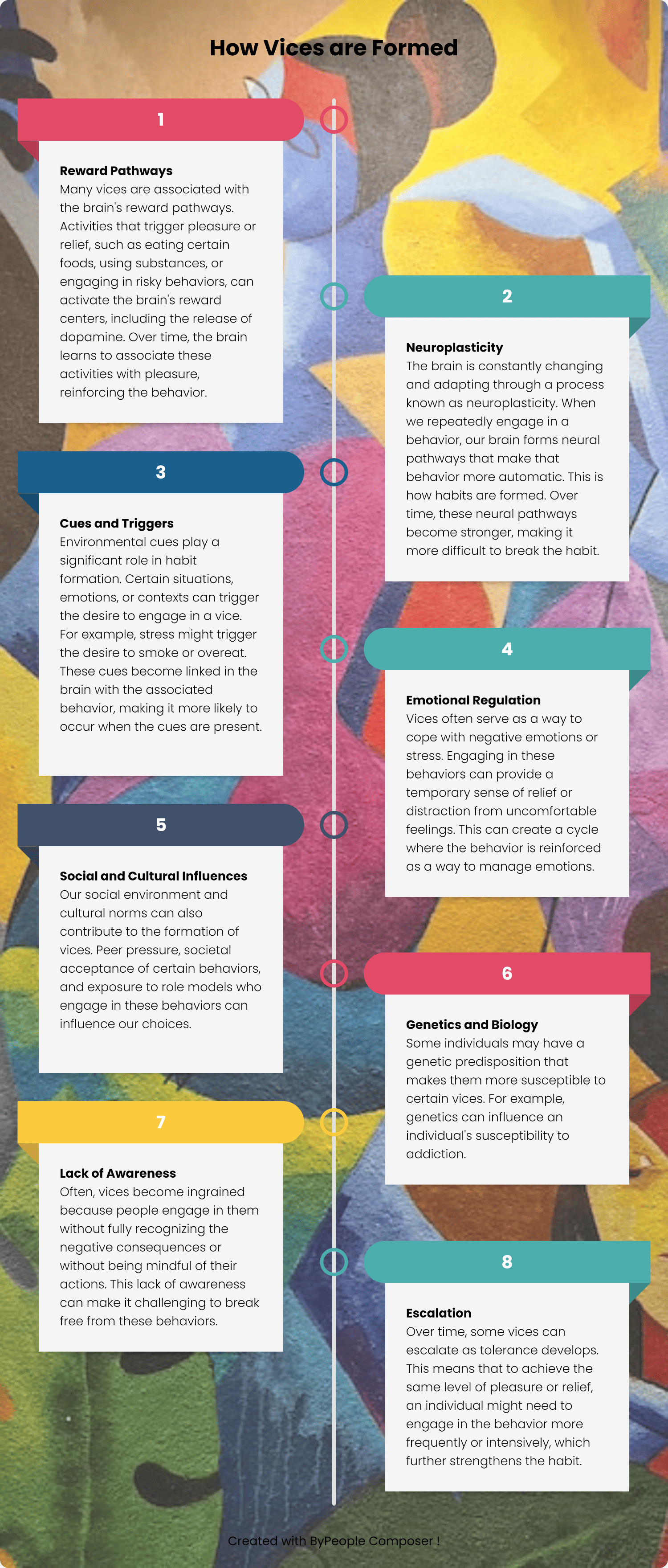
How the vices are formed | Design created with ByPeople Composer
Dopamine is a molecule that, contrary to popular belief, is not related to pleasure per se, but to “motivation” and “drive”. If you’re constantly flooded with dopamine stimulus from social media usage your brain will easily make it into a habit -read, become addicted- even when the action of being on social media is no longer pleasurable.
Overusing social media prevents us from seeking face-to-face interactions, especially if we are constantly checking out phones even when we are physically present with friends, family, or partners. This sense of isolation can make us feel even more disconnected. A study published by the NIH as recently as January of this year found that: “more time spent on social media was associated with higher levels of loneliness, even when adjusting for age group, living with spouse/partner, employment, and health worry”.
Social media has been linked with negative emotions ranging from depression to jealousy in people of all age groups, 23% of Americans feel jealous when looking at how their partner interacts with others on social media, with the youngest ones and couples that only live together being the likeliest to get jealous.
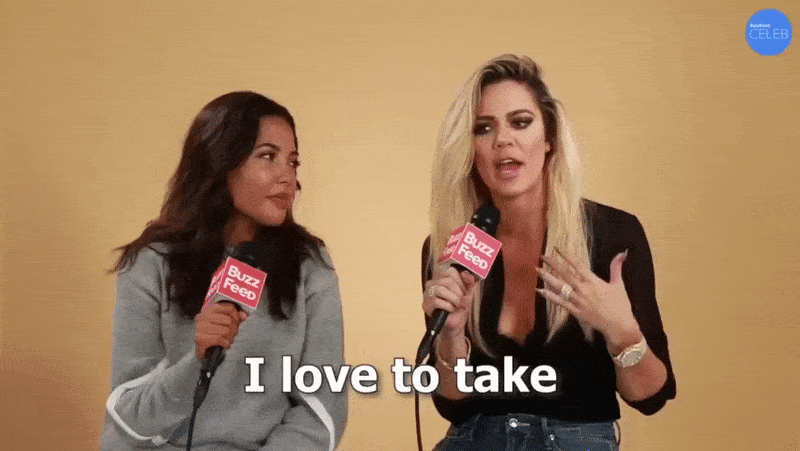
So how can you tell if you’re a social media addict? According to Addiction center the most common signs include excessive use (4+ hours) or compulsive use of social media, expressing disproportional concern about what is happening on social media and having the urge to log in.
Much like with other adddictive behaviours, social media addiction brings with it many of the same poor mental health issues as with other addictions like, stress and anxiety, changes in behavior, lower quality of life and withdrawal symptoms
Other health issues and physical ailments associated Social media overuse include everything from low self-esteem, poor academic, workplace and physical performance, sleep disorders, back pain and headaches
We don’t have a choice on whether we do social media, the question is how well we do it – Erik Qualman
People on social media platforms like Facebook or Instagram will often attempt to present a perfect life without flaws or problems, inadvertently creating a phenomenon known as FOMO (Fear of Missing Out) on their followers and friends, which, in this context, makes us compare our current real life situations with the image we get of other people’s lives through their social media profiles.
The reality is that everyone, including influencers and content creators, face challenges and problems in their day to day lives just like you and me! Focusing solely on the idealized version of life on social media can make us feel even more alone. Here is where the concept of emotional diversity, or “Emodiversity”, comes into play.
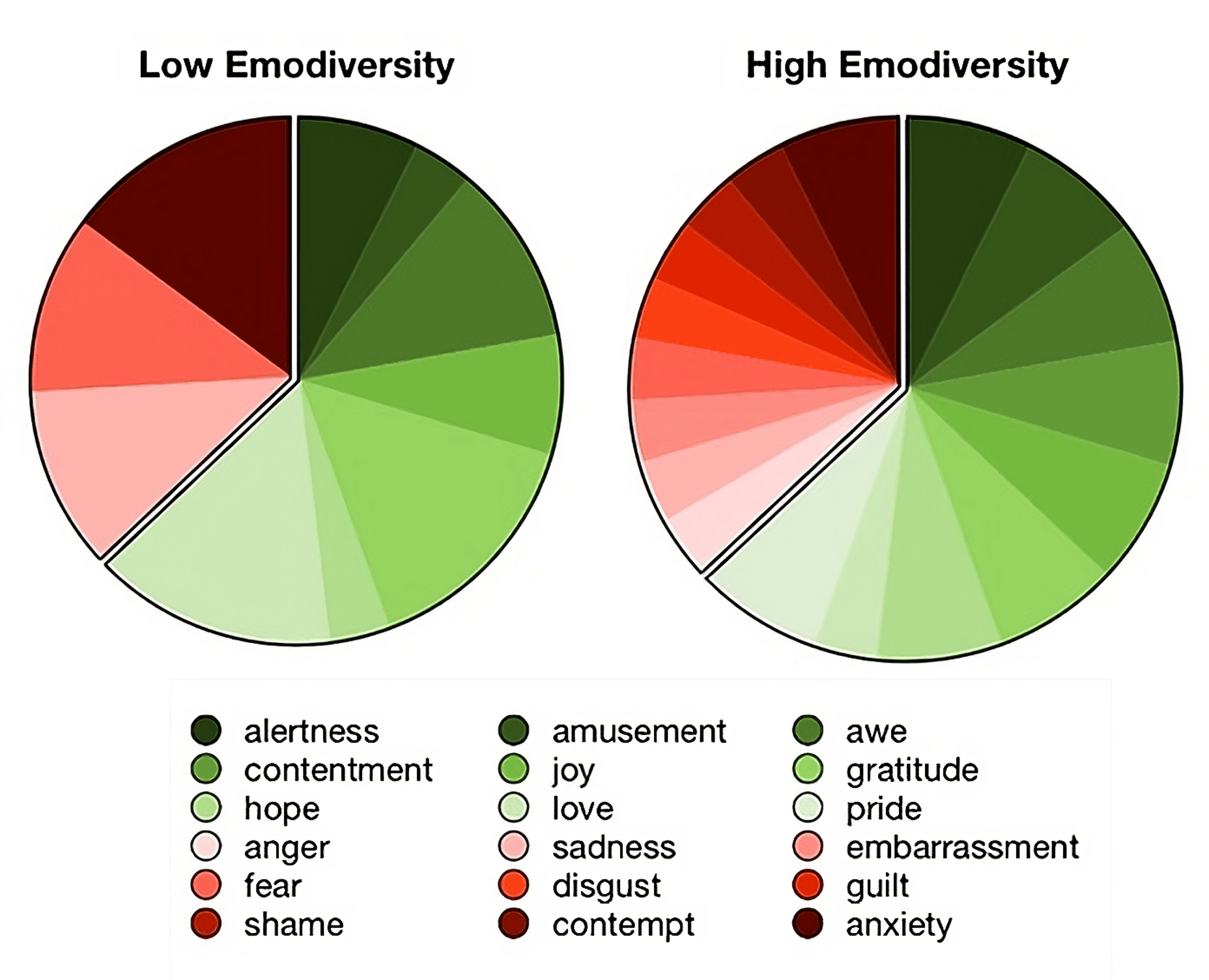
Emodiversity refers to the variety and abundance of different emotions experienced, and it helps us understand the way our emotional experiences relate to our overall well-being beyond the average levels of positive and negative affect. By understanding this concept we can find a way to embrace our full range of emotions, instead of locking ourselves in a bubble of “perceived” positivity.
Living more diverse emotional experiences both positive and negative has been linked to better mental & physical health, and acknowledging negative feelings and problems instead of seeking constant distraction and rewards the way we do on social media is very important for our well being, because it allows us to take control over situations as they arise and teaches us to act accordingly.
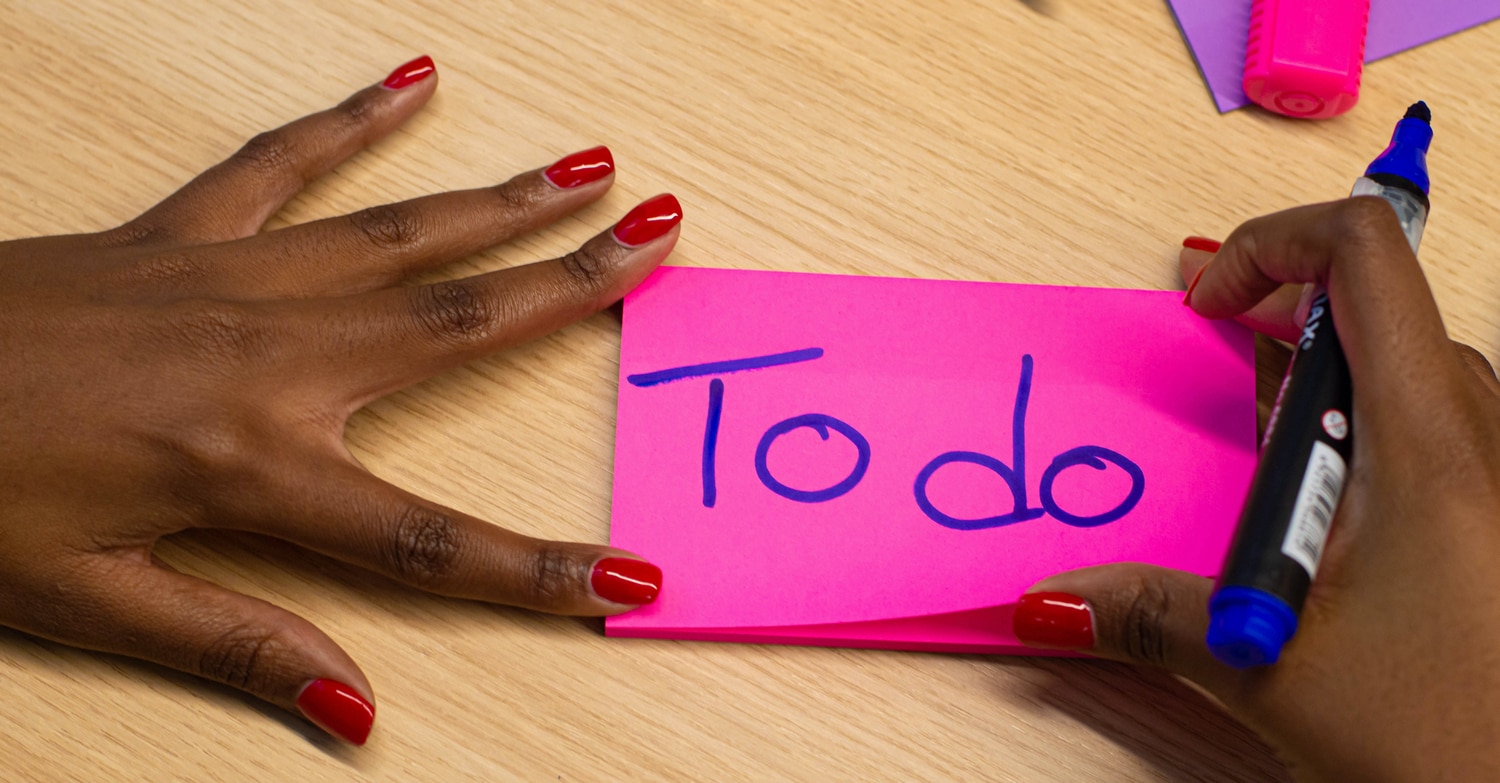
If you find yourself spending excessive time on social media and you recognize that it’s becoming a problem for you, here are some tips you can keep in mind in order to make a change for the better:
Learn about dopamine and its function in the brain
Dopamine is the molecule responsible for our motivation and drive. It’s even linked to the physical motivation to move and take action. This is the reason why there are so many types of disorders associated with low levels of dopamine, such as depression, schizophrenia, and attention deficit hyperactivity disorder (ADHD).
This molecule or neurotransmitter is crucial for feeling motivated. That’s why you should ensure you have optimal and healthy dopamine levels. In essence, here are the key points to consider:
- Use the morning chemistry in your favor:
Engage in the more challenging activities, preferably in the morning. Undertake activities that generate friction early in the day, as it’s when your brain chemistry is more adapted to embrace the hard tasks, leaving to more creative and easy-going tasks for later in the day.
- Don’t Wait for Motivation to Tackle Difficult Tasks:
Start working on challenging tasks even when you don’t feel motivated. Discover the satisfaction of completing these tasks. Over time, results will come, and these tasks will become easier, eventually turning into habits, by the way, we have a full guide on building habits!
- Avoid Always Rewarding Yourself for Completing Tasks:
It’s essential to understand the concept of the habit loop, which explains the way in which habits are formed. One of the key components of this cycle is triggers, which serve as reminders to alert our senses and initiate a particular action that we want to turn into a habit.
Replace the unhealthy triggers
If we find ourselves spending too much time on social media, video games, video platforms and the like, we need to eliminate these negative triggers and replace them with healthier alternatives or triggers. You can also perform a temporary detox uninstall ing the problematic social media apps for at least a 25 to 30 day period, and find other activities instead.
A great way to replace the untealthy triggers is to find offline activities and put healthy triggers for them, for instance, leaving the guitar out of its case in plain view in the living room, setting a reminder to sit down and write in a personal journal, placing a workout routine app on the main screen of our smartphone, and so on.
Probably the best triggers are those that involve disconnecting from screens to engage and interact with groups, friends, family, and so on. Several studies have shown that spending a lot of time in front of screens isolates us from social interaction, which is crucial for maintaining a healthy state of well-being.
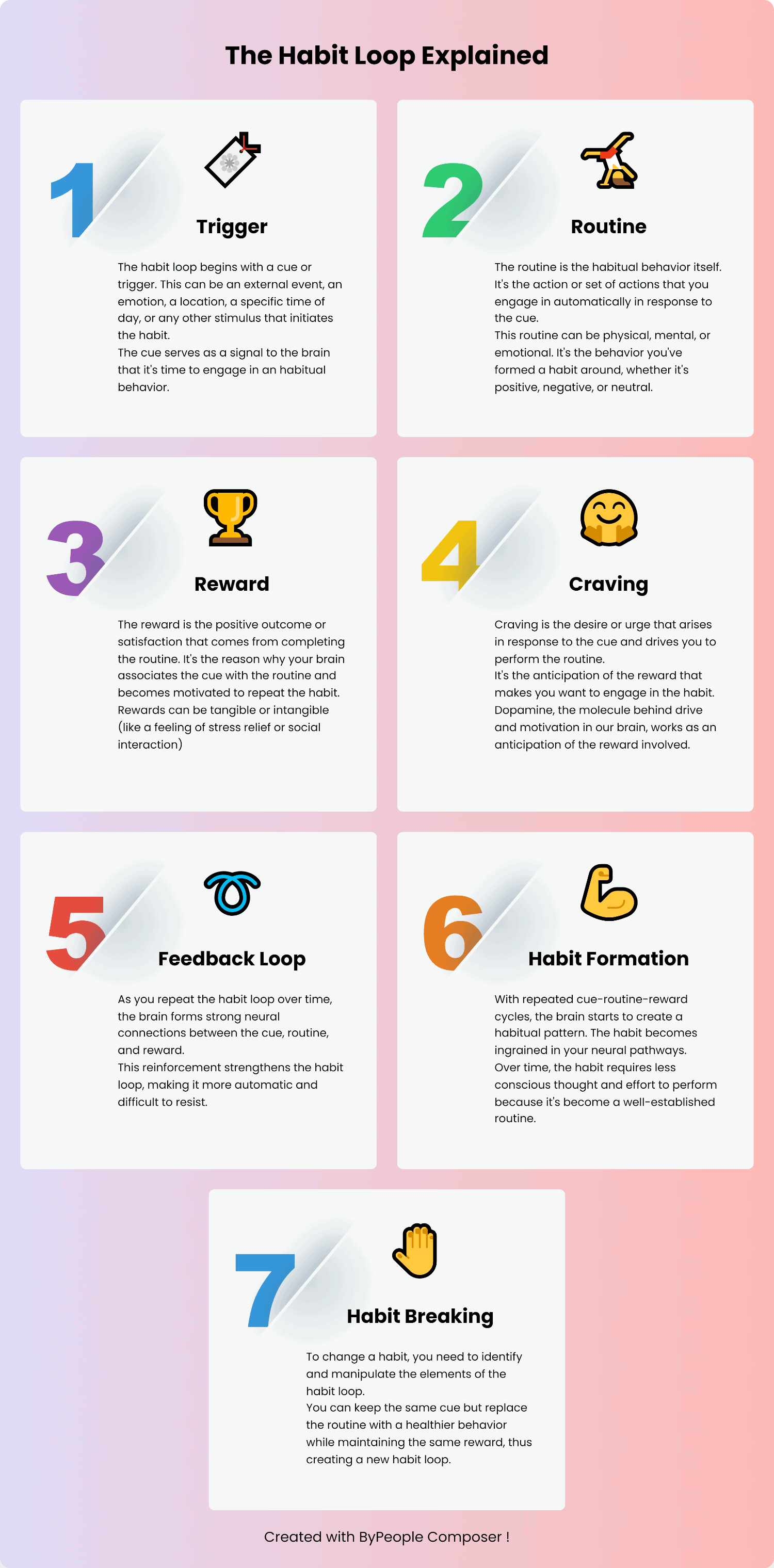
The Habit Loop | Design created with ByPeople Composer
Be careful with the rewards
While rewards or external motivators aren’t necessarily bad, it’s important to act without always relying on rewards. Seek satisfaction from task completion itself.
As an example, it’s easier to go to the gym with a friend, but it’s important not to do it every time. The external factor (friend’s company) should be kind of random; you shouldn’t depend on it. As mentioned before, finding motivation in task completion satisfaction is more crucial than relying on external factors.
Avoid pulling out your phone during face-to-face interactions
A golden rule you can always apply in your interactions with coworkers, friends, family, or in general, any type of social engagement, is to pay attention to what the given moment demands.
Engaging in the process known as active listening requires truly focusing on the conversations and situations you’re involved in. Therefore, it’s imperative not to use your phone or electronic devices while interacting with others.
This is something you should establish as a norm, as others will appreciate the time with you, ultimately leading to reciprocity in your relationships.
If you’re jonesing for a social media fix, try healthier apps
Although the best triggers are those where we can disconnect, enjoy time with friends, family, or outdoors, we have some alternatives to replace problematic apps with healthier ones. Look for apps to improve your pronunciation skills, such as Forvo, or chat and meet new people who speak other languages using apps like Tandem. Additionally, you can also perform a social media detox!
- Discover new courses and interesting topics to learn, for example, in TED collections and edX directory.
- Use the spaced repetition technique to learn with apps like Anki or Memrise (for languages), or train your brain with trivia and other engaging games, for example, with Lumosity
- Enhance your mental state with insightful readings from Zen Habits or Medium. Connect with interesting projects and other indie makers on Polywork.
- Explore intriguing IT projects in the trending repositories on GitHub or Y Combinator
- Discover events in your city using AllEvents or Eventbrite
- Explore and listen to podcasts in various areas of knowledge using platforms like Google Podcasts
A cold-turkey detox from Social Media of at least one month (which is generally the time it takes to correct a bad habit) will cut the brain’s association to the habit and make it easier to manage the need to constantly check your Social Media apps.
Juan Pablo Sarmiento
System engineer from the National University of Colombia, with special interest over entrepreneurship, marketing, productivity and well-being.
Several projects and startups launched in over 20 years of experience.
Best Seller Deals
Check out time-limited deals on software and designs packs